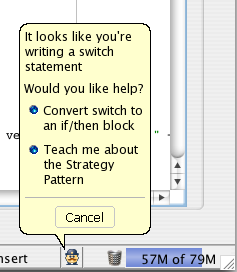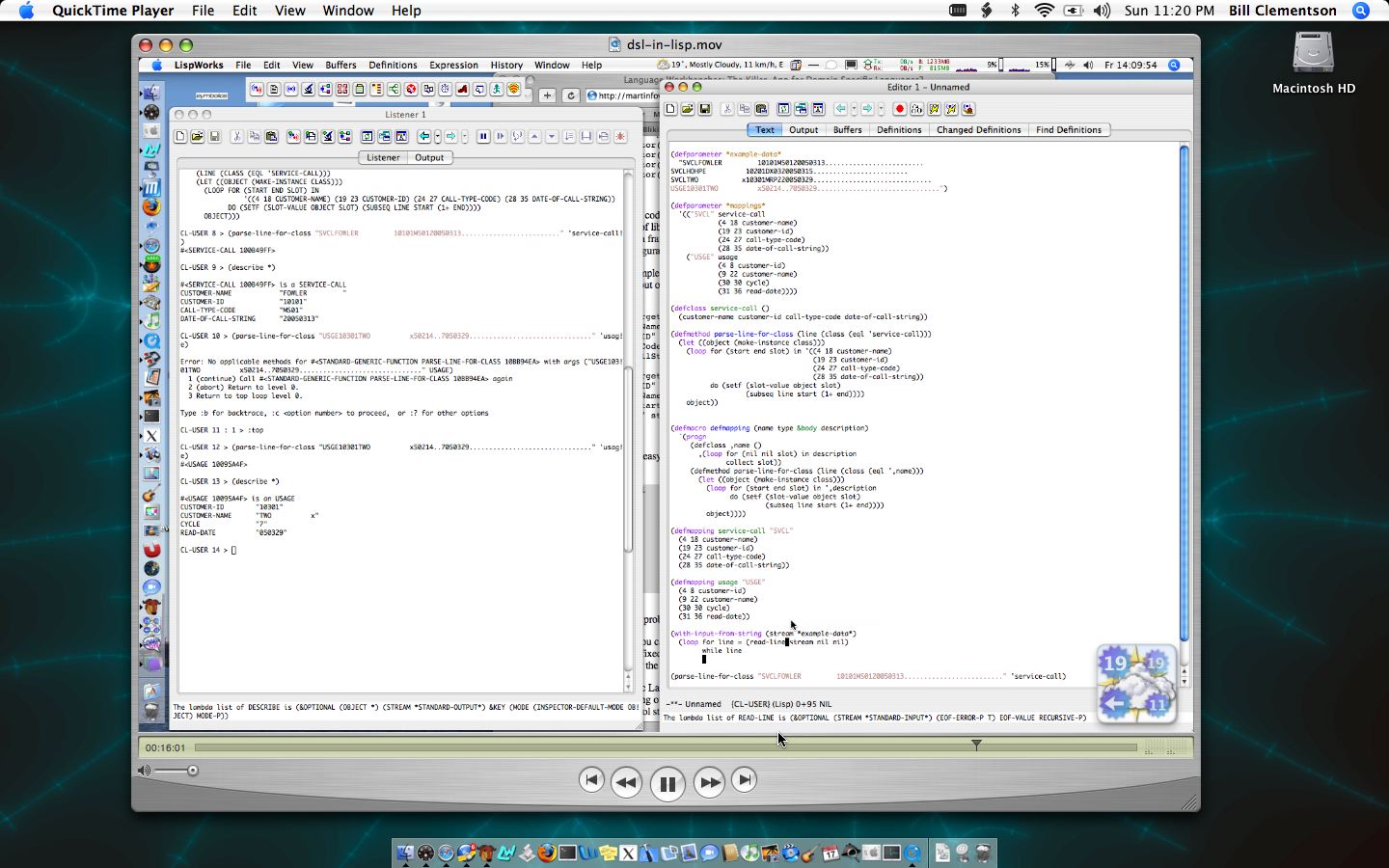Have you ever hit one of those late night infomercials that talks about get rich quick schemes? There is the crazy guy who claims his book will enable you to get money from the government. There there is the real estate moguls, and the “I work from home and make $50k per month”.
I always thought these were bogus until I ran into a scheme myself.
The scheme started out after the dotCom boom and bust. “The World is Flat” does a good job in explaining how BOTH the boom and bust really helped outsourcing, and offshoring.
I worked on some software projects with indian subcontractors early on. There were very mixed results at first, until all parties groked what works, and what doesn’t work.
Usually the time difference was a bane, but sometimes it was a blessing. I left the office, burnt out, needing sleep. I was able to finally get some shut-eye and when I awoke what did I find? A solution to our problem. All thanks to an Indian programmer on the other side of the world.
As I got deeper and deeper into the offshoring world, I found out about services such as the assistant that I hired in Bangalore. He was a MBA grad from a well respected business school. For a few hundred bucks a month, I found a smart aide and friend. It was great to be able to writeup an email explaining the research I needed my aide to work out while I slept. In the morning I would have fantastic summary reports or PowerPoint presentations in my Inbox.
Over time you learn the strengths and weaknesses of you aide. This enables you to push more and more load onto their shoulders. Then, mid-year, there was an important turn-around. My aide recommended another intelligent friend of his. I was throwing more to him than he could handle, but he could quickly ramp up someone with the right skills to help.
A year later, and I had 5 aides. Some business related, others IT related. I found that I was able to take in projects, reliably throw them to my team, and getting fast results. I was quickly able to have multiple clients who all thought I was working close to full time in their interests. Some collegues couldn’t quite understand how I was so productive. My mantra became:
Base my work on output, not input
Every six months I found that I would take the outsourcing to the next level. It started with some help, then to a serious amount of my work, to multiple helpers, to handling multiple clients.
A few years into 2000 and I had found the holy grail:
I have outsourced my own job
I hate to admit it, but I was known to come into client sites and pretend to be working. They didn’t know that I had a group of 40 people from various countries in the world making sure that they got the best of the best. That is important to note. I wasn’t trying to trick people, and having some uneducated muppet spewing out code and documents. These were PhDs. MBAs. The best. They got to work on fun projects, get paid well, and still be cost effective in US dollar terms. Everyone wins?
Now it certainly is interesting to have outsourced my job. The question is… what about yours?
That’s right, it worked so great for me, that I have started a new company: JobSource, Inc.
We will sort out the best of the best for your technical job. You can work it out in various packages:
- Lazy mode: We have one or two people do your job while you surf online
- Achiever mode: We have a group of people make you look like a star (without going too far of course)
- Consultant mode: you work it out so you have a whole set of gigs on the go at once, and we take care of the work
What are you waiting for? Get away from those TPS reports.
NOTE: This is obviously a fictional story about a man named Bob. Although… it could be true.


